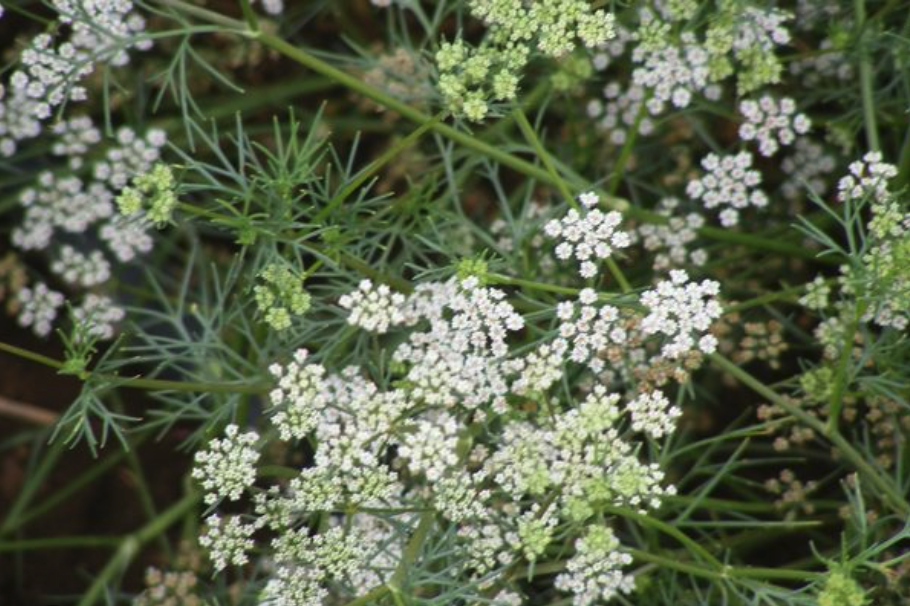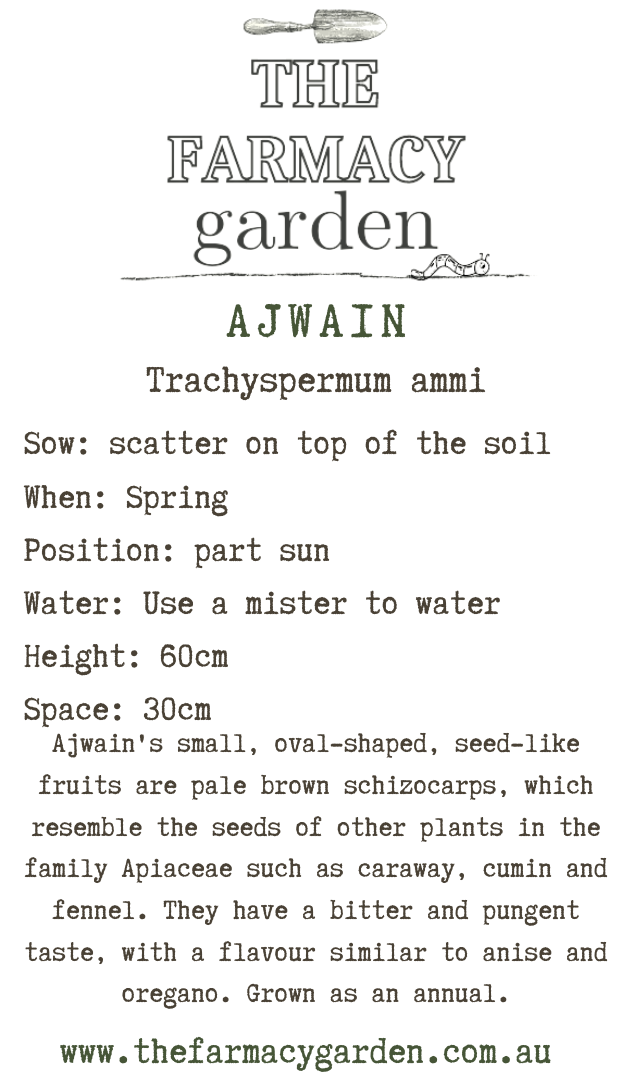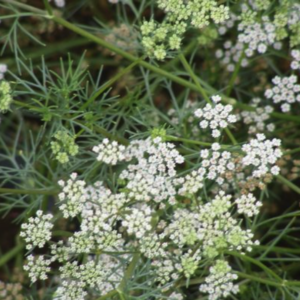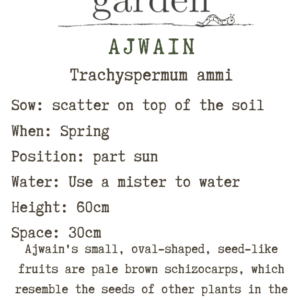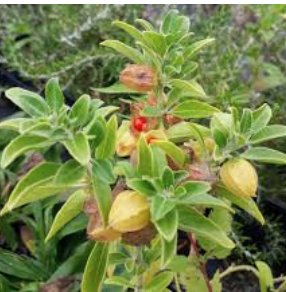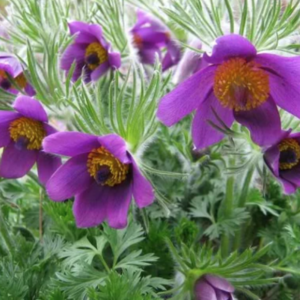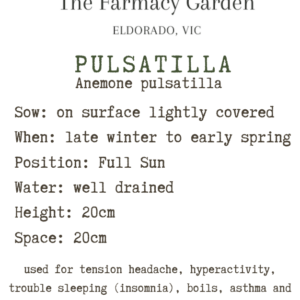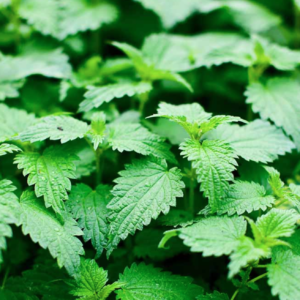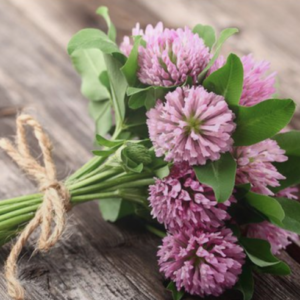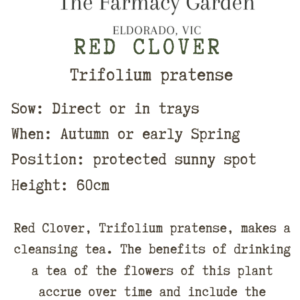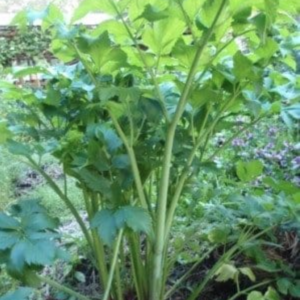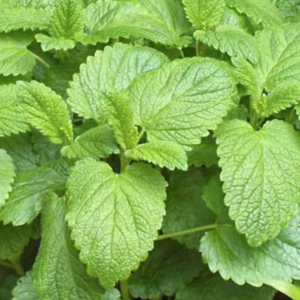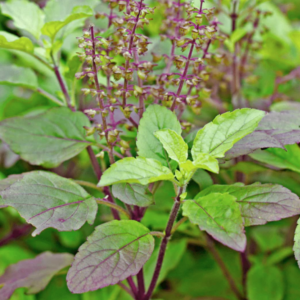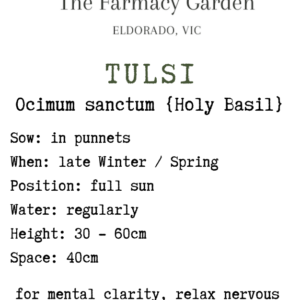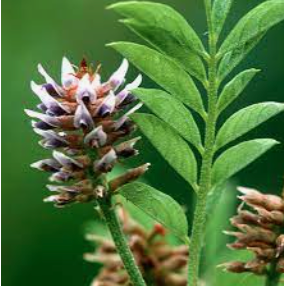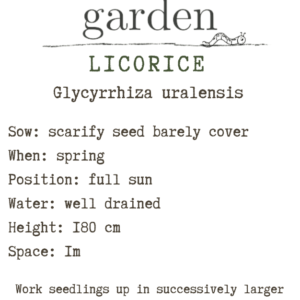Ajwain seed, Trachyspermum Ammi
$6.50 Original price was: $6.50.$4.50Current price is: $4.50.
Propagation of Ajwain plant. Ajwain propagation is relatively easy and can be done by seed or stem cuttings. If you’re propagating by seed, sow the seeds in a well-draining potting mix and water regularly. For stem cuttings, take 4 to 6-inch cuttings from healthy, non-flowering stems and root them in a potting mix.
the Ajwain plant (also known as Ajowan, Bishop’s weed, or Carom) is an aromatic herb commonly found in Indian and Middle Eastern cuisines. Its Trachyspermum ammi is its scientific name, and it is a member of the Apiaceae family. Ajwain has been used for centuries in traditional medicine and cooking due to its medicinal properties and distinctive flavour
GROW: Ajwain propagation is relatively easy and can be done by seed or stem cuttings. If you’re propagating by seed, sow the seeds in a well-draining potting mix and water regularly. For stem cuttings, take 4 to 6-inch cuttings from healthy, non-flowering stems and root them in a potting mix.
HARVEST: Ajwain leaves can be harvested once the plant has reached a reasonable size, usually around 3 to 4 months after planting. Use sharp scissors or pruners to snip off the leaves close to the stem. The seeds can be harvested when they turn brown and begin to dry on the plant.
USE: It is normally eaten with heavy meat, lentil or bean dishes, or at the end on meals to aid digestion, and it is also used in cases of pregnancy discomfort and food poisoning.
It has strong antispasmodic and carminative properties reliving pain and relaxing cramping stomach muscles.
This is due to the very high levels of thymol that is also found in thyme.
The oil from this plant contains about ~50% pure thymol which is a huge amount.
This naturally occurring chemical causes the release of gastric juices which lubricate the stomach aiding digestion, relieving flatulence, and changing the bacterial content and composition.
Thymol is also a mild local anaesthetic, anti-bacterial and anti-fungal meaning it is often used in poultice’s, toothpastes and a whole host of home remedies.
Related products
Medicinal Herb Seeds
Medicinal Herb Seeds

